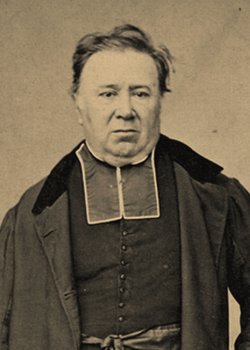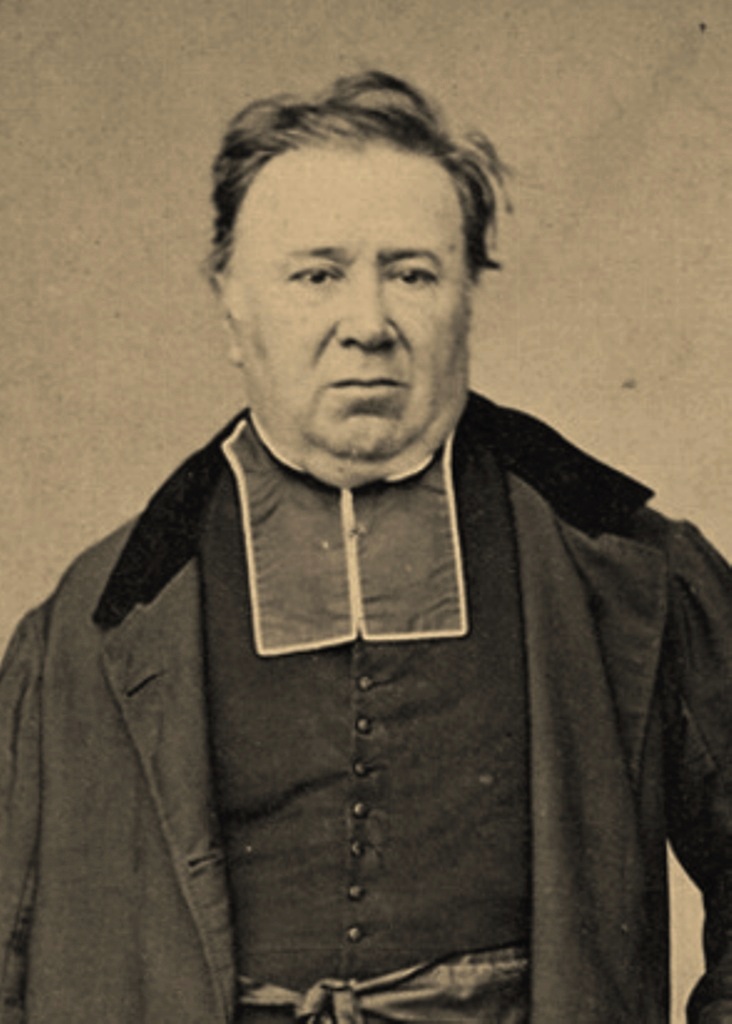Appointed director of studies in the college of Nicolet in 1841, he became its superior in 1848. Named member of the council of the Bishop of Québec, he took up his residence in that city, where he was also chaplain to the English garrison. From his college days he had devoted himself to the study of Canadian history; the numerous notes which he collected had made him one of the most learned men of the country. Professor of Canadian history at the Université Laval, his lectures and publications remain considered an authoritative work by competent judges and historians.
Appointed director of studies in the college of Nicolet in 1841, he became its superior in 1848. Named member of the council of the Bishop of Québec, he took up his residence in that city, where he was also chaplain to the English garrison. From his college days he had devoted himself to the study of Canadian history; the numerous notes which he collected had made him one of the most learned men of the country. Professor of Canadian history at the Université Laval, his lectures and publications remain considered an authoritative work by competent judges and historians.
Advertisement
Advertisement





